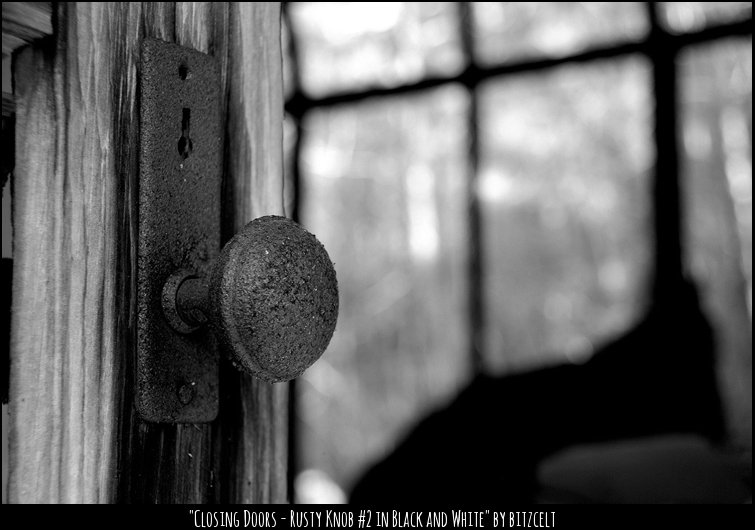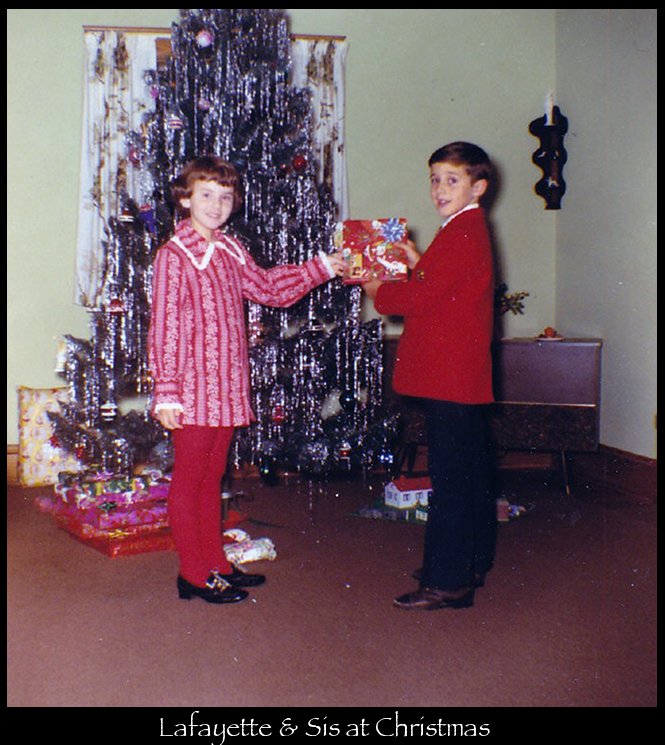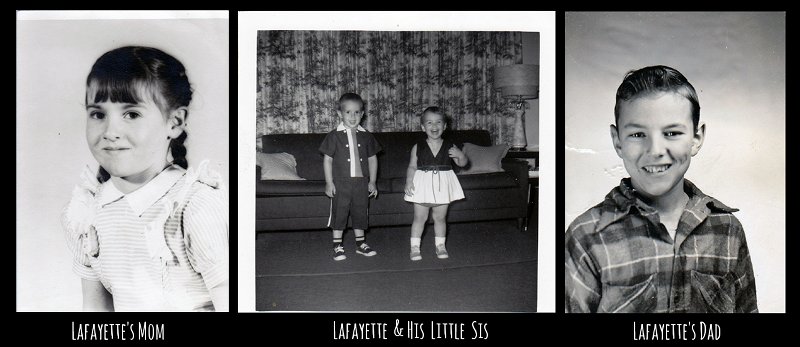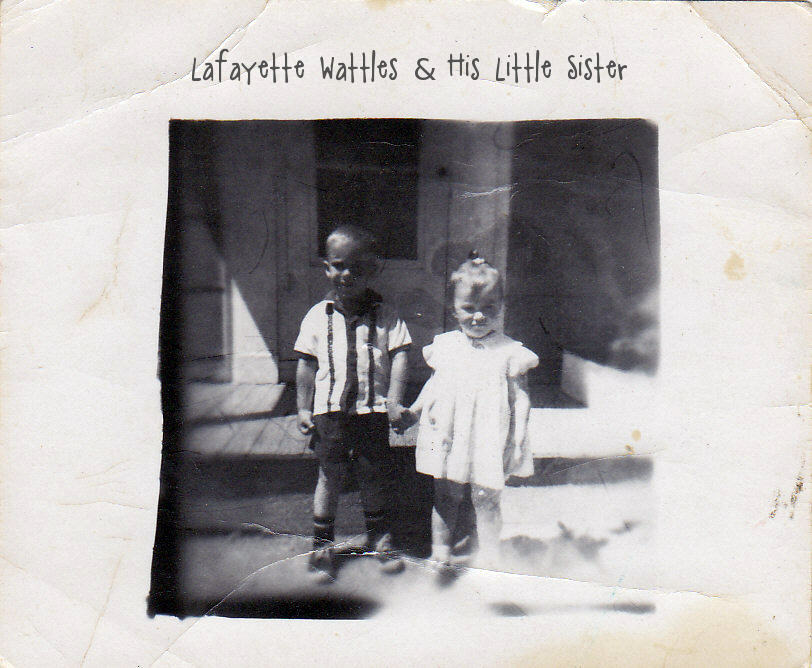“Laughter is the shortest distance between two people.” – Victor Borge
So many times, laughter has saved me.
And some of my best friendships have been forged over laughter, some of the best moments in my life. Including times I’ve ended up laughing at myself.
I hadn’t thought about that until the other night during one of the NCAA basketball games. A commercial came on and my mom laughed. And I saw her dad in her then, the way he would break open in a soft smile and the way that smile would quietly sparkle with laughter.
And I thought, at that moment, laughter might just be one of the best things ever.
I recall being a boy (no, it’s true, despite the common theory that I just showed up with a receding hairline and a silvering chin) and watching this amazing pianist on one of the shows my parents liked to watch and his fingers were like Olympic hurdlers racing across the keys. And, yes, that was impressive.
Only I was like six and as appealing as it would have been to have fingers that were fast as gazelles (I could imagine their usefulness for hiding peas at dinner or tangling my sister’s hair), but what I wanted most at that time were legs that were cheetahs, so I could run all over the neighborhood (which I did anyway) faster than anyone (which I so didn’t do).
But then the piano guy stops playing and makes a sound or a face or he does some crazy thing or he makes some tangential comment and I laughed. We all laughed. It was unexpected and a bit absurd, given the seriousness of the music, and absolutely wonderful. And it was also something my family and I shared.
Those moments laughing.
Continue reading
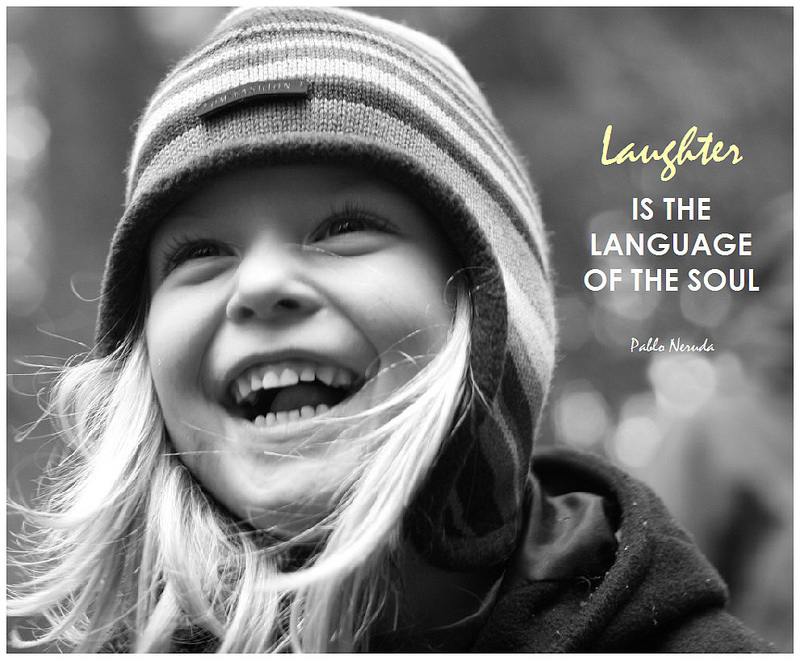
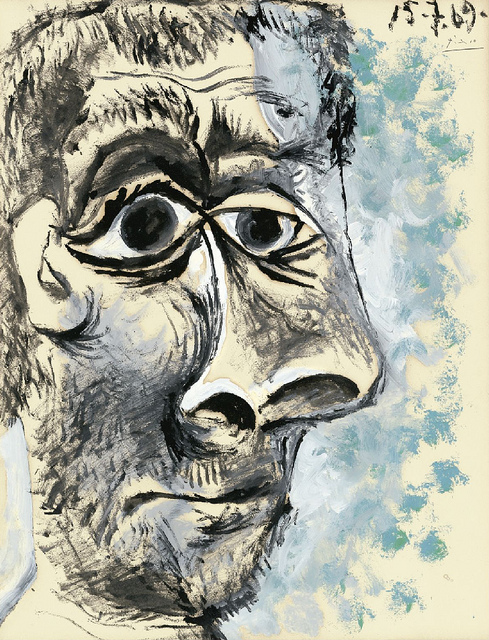
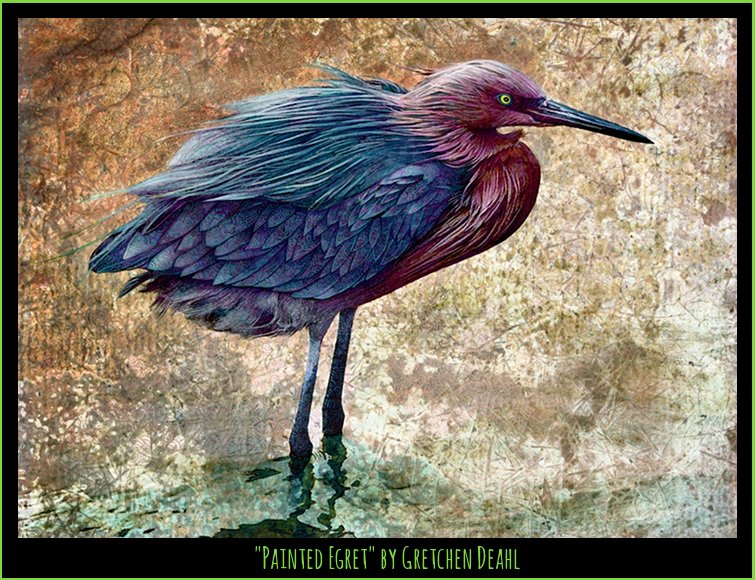
![Mickey McKay & Frank Conifrey - Lenox Hill Settle't [i.e., Settlement] Mickey McKay & Frank Conifrey - Lenox Hill Settle't [i.e., Settlement]](http://lafayettewattles.com/wp-content/uploads/2014/02/boxing-locb.jpg)
